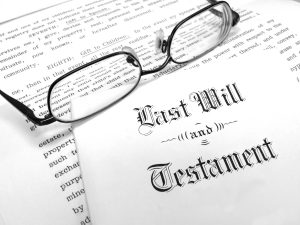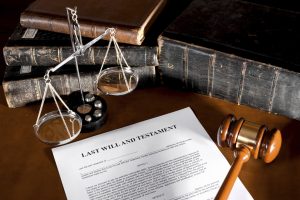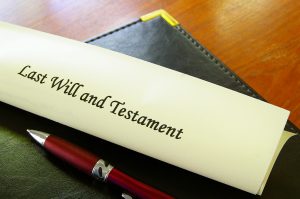Losing a loved one is already difficult enough. But if you have been named as the executor of the estate, dealing with your grief and organizing a funeral is only the beginning. You also need to administer the estate, which means going through the process of verifying the will and distributing it as appropriate. Here are five potential issues that may arise during the process of estate administration: Continue reading “Five Potential Issues That Can Arise During Estate Administration”
Tag: last will and testament
Personal Property Should Always Be Addressed in a Last Will and Testament

The Fundamentals of Capacity when Executing a Will

Specifically, the testator “must have the intelligent knowledge of his or her natural objects of their bounty, property, and possessions, and must know what he or she wishes to do with those assets.” Continue reading “The Fundamentals of Capacity when Executing a Will”
Creating a Trust May be in Your Best Interest

A Delay in the Probate Process May Require a Petition for the Appointment of Preliminary Executor

The Difference Between a Living Will and a Last Will and Testament
 Living Will
Living Will
A living will is a medical directive outlining how a person wishes to be treated in the event that he or she becomes incapacitated and can no longer make decisions for themselves. A living will may address situations involving: Continue reading “The Difference Between a Living Will and a Last Will and Testament”
What To Do If You Don’t Have The Original Last Will And Testament

Distributing A Decedent’s Personal Property

Disinheriting A Child May Result in a Will Contest

Disinheriting A Spouse In A Will Or Estate Plan In New York State




